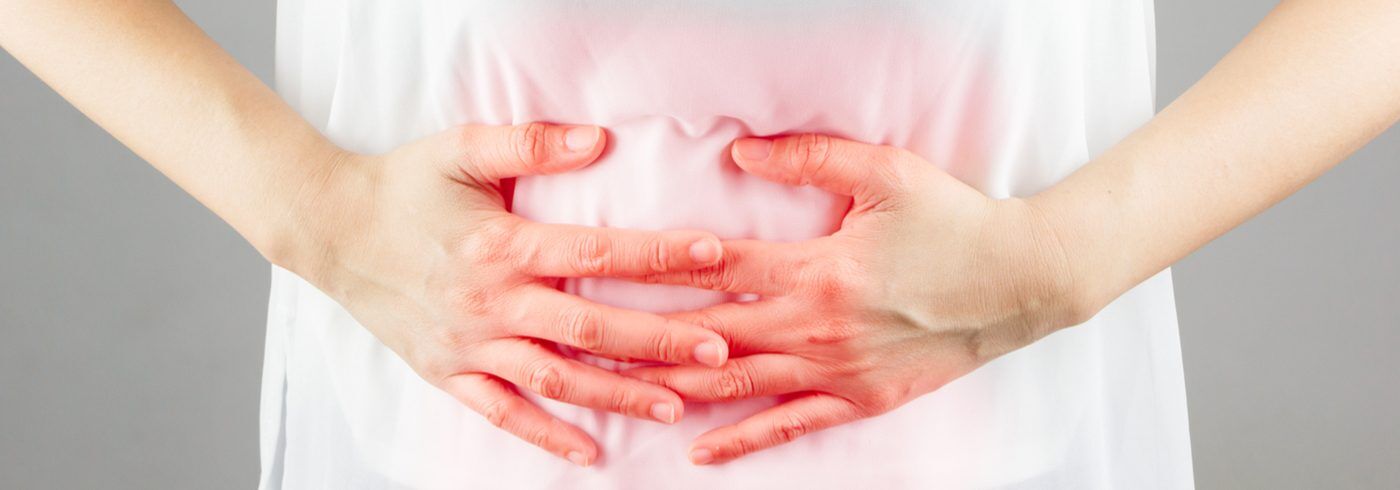Food-borne diseases are commonly referred to as food poisoning. This happens as a result of food that has been contaminated by bacteria, viruses or toxins. Majority of individuals will experience food poisoning at least once in their life. On the rare occasion, food-borne diseases can cause serious long-term health problems such as kidney failure. This is why it’s important to learn how to prevent or treat food poisoning if symptoms arise.
Symptoms of Food Poisoning
- Abdominal cramps
- Nausea
- Vomiting
- Diarrhoea
- Mild fever
- Loss of appetite
- Headaches
Symptoms vary depending on the case. However, if you experience any of the following you should contact your doctor immediately:
- diarrhoea for 3 or more days
- Multiple episodes of vomiting
- difficulty seeing or speaking
- Blood in urine
- a fever 38°C or higher
- severe dehydration (i.e. dry mouth, passing little to no urine, difficulty keeping fluids down)
Treatment of Food Poisoning
- Most cases are resolved over 3-5 days.
- Stay hydrated by drinking sports drinks high in electrolytes.
- Avoid caffeine as it irritates the digestive tract.
- Plenty of rest
- Suppress nausea with over the counter medications. But check with your doctor before use! As the body’s natural response to removing toxins is vomiting this could mask the severity of your problem or even delay your recovery.
- In severe cases individuals may require hydration with intravenous (IV) fluids or hospitalization may be required while the individual recovers.
Recovery diet after Food Poisoning
- Bland, low fat, simple to digest foods such as: saltine crackers, bananas, rice, oatmeal, chicken broth, potatoes, boiled vegetables and toast.
- Avoid high sugar content, spicy or fatty foods such as: dairy products, lollies, fried foods, caffeine and alcohol.
Prevention of Food Poisoning
- Always wash your hands before cooking or eating food.
- Properly seal and store food.
- Thoroughly cook meat and eggs.
- Always wash fruits and vegetables.
- Sanitize anything that comes in contact with raw products.
- Be careful when eating:
-
- sushi and other foods served raw or undercooked
- deli meats and hot dogs that are not heated
- ground beef
- unpasteurized milk, cheese, and juice
-
References
Healthline

